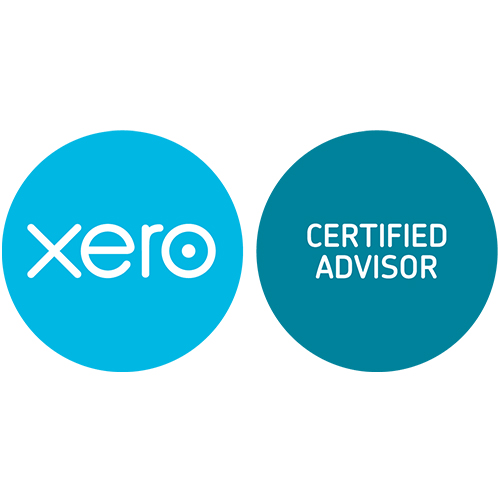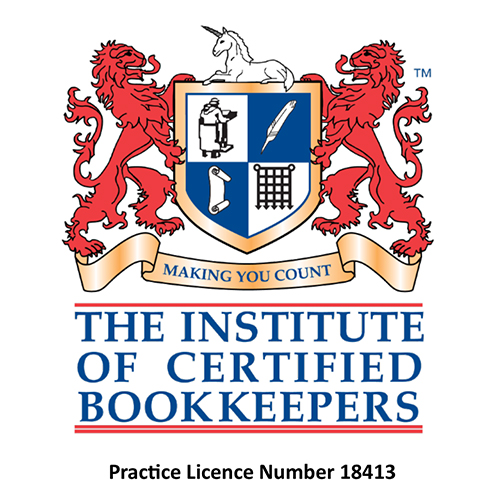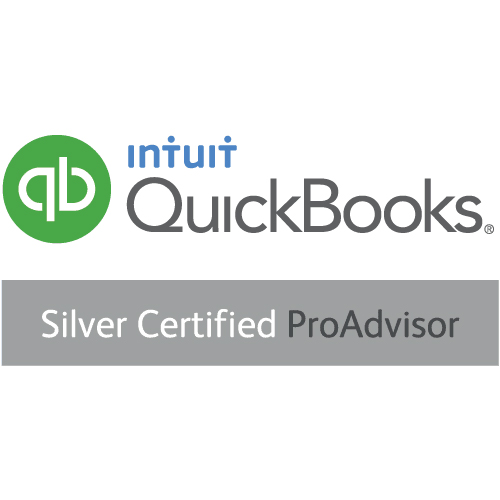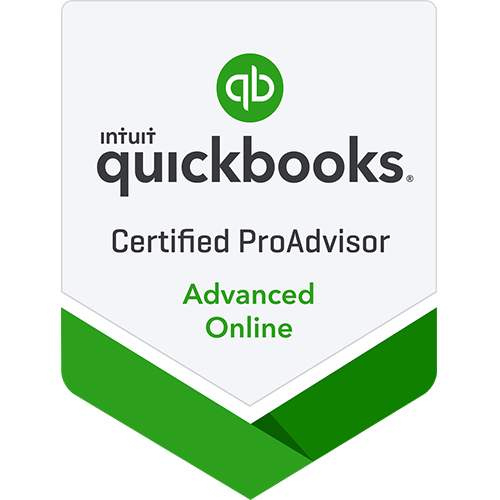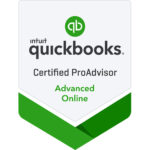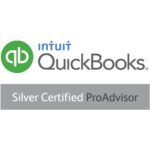Have you been thinking about automating some of your bookkeeping tasks?
Lots of businesses are starting to embrace bookkeeping automation, which can help save time, reduce errors and improve accuracy. Is automation right for your business? Let’s take a closer look at the pros and cons of bookkeeping automation.
Pros of Bookkeeping Automation
Time Savings: Bookkeeping automation can help you save a lot of time that would otherwise be spent on manual data entry and other basic bookkeeping tasks. With automation tools, you can import your bank and credit card transactions directly into accounting software, which can save you hours each month not having to input them into a spreadsheet.
Increased Accuracy: Automation can help to reduce errors and improve accuracy in your bookkeeping. With manual data entry, it’s easy to make mistakes, especially if you’re feeling rushed or distracted. But with automation, you reduce the risk of those errors, which can help to ensure that your books are more accurate.
Better Insights: Automation can help you get a better understanding of your business finances. By automating your bookkeeping tasks, you can free up time to analyse your financial data and gain insights into your business performance. This can help you make better decisions and improve your bottom line.
Cons of Bookkeeping Automation
Initial Costs: One of the biggest drawbacks of bookkeeping automation is the initial cost. Automation tools can be expensive, and you may need to invest in new software to get started. For small businesses with limited budgets, this can be a barrier to starting their automation journey.
Learning Curve: Another potential downside of bookkeeping automation is the learning curve. If you’re not familiar with accounting software, it can take some time to get up to speed on how to use automation tools effectively. This can be frustrating and time-consuming, especially if you’re trying to run your business at the same time. Luckily for you, we offer one to one training on most accounting software and are more than happy to show you around.
Lack of Personal Touch: Bookkeeping automation can be impersonal, which can be a downside for some businesses. If you’re used to working with a bookkeeper or accountant, you may miss the personal touch that comes with one-on-one interactions. This can be especially true if you have questions or need help troubleshooting an issue. We’d always recommend a combination of some automated tasks, as well as having a bookkeeper and/or an accountant at your side.
In conclusion, bookkeeping automation can be a great option for lots of small businesses. By automating your bookkeeping tasks, you can save time, reduce errors and gain better insights into your business finances.
If you have the budget and are willing to invest the time to learn new software, bookkeeping automation could be a game-changer for your business. But if you prefer the personal touch of working with a bookkeeper or accountant, you may want to stick with traditional methods. Ultimately, the choice is yours and we’ll be happy to offer our support when you need it.






